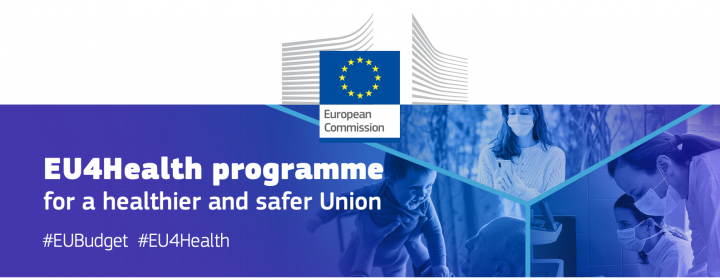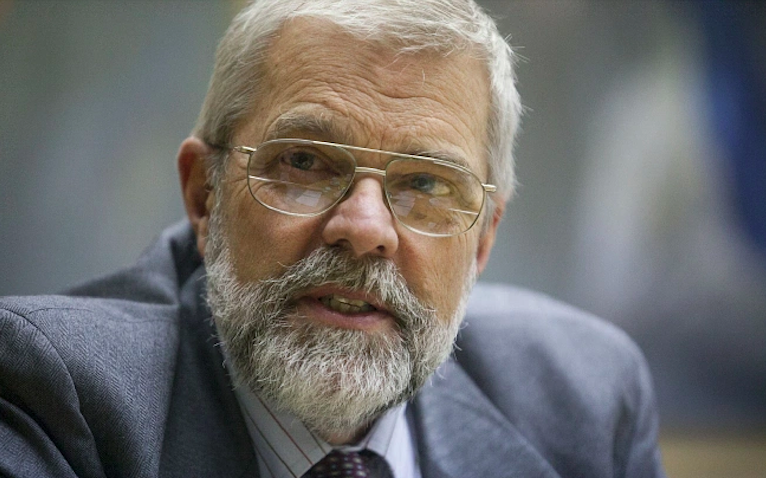The European Commission has recently welcomed the entry into force of the EU4Health programme on 26 March. This follows the Council adoption on 17 March and the vote on the programme by the European Parliament on 9 March. It marks the final step towards making €5.1 billion available to strengthen the resilience of health systems and promote innovation in the health sector. EU4Health will make a significant contribution to the post-COVID-19 recovery by making the EU population healthier, supporting the fight against cross-border health threats and boosting the EU’s preparedness and capability to respond effectively to future health crisis, as part of a future strong European Health Union. Continue reading…
The message is clear: organisations must be held accountable for their social and environmental footprint. Therefore, it’s inevitable that speaking up becomes the next social…
Download whitepaper










